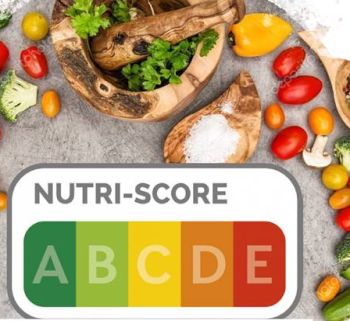Evaluating the impact of food labeling in a vocational school: an open prospective pilot study
Abstract
Background: In October 2017, France adopted the Nutri-Score label as the official food label to display on industrial food packaging. School mass catering is recognized as a substantial contributor to individual diet.
Objective: Evaluating the impact of the food label Nutri-score on food choices of students at a school self-service restaurant and at home.
Methods: Longitudinal open prospective pilot study conducted in the self-service restaurant of a vocational school in France in 2019. After a survey among guests (T0), food products labeled with the Nutri-Score were presented to consumers on the menus at the entrance and directly on the food dishes at the counters (T1). The intervention was supplemented by a counseling service on healthy diet conducted by a nutritionist (T2).
Results: We observed a decrease in students’ consumption of sweet products (57%). Similarly, the self-service catering staff observed at the end of T1 a decrease in food leftovers categorized as less healthy. The implementation of the counseling service at T2 was significantly associated with a higher consumption of fruits and vegetables (P < .001), healthier eating habits at home (P < .001), more home cooking (P < .02), and an increased will to check for the presence of the Nutri-Score labels on supermarket food items (P < .001).
Conclusions: After the display of the Nutri-Score label, we observed an improvement in students’ diets. However, results were significant only when the Nutri-Score was associated with a counseling service.

Authors retain all copyrights. In making a submission to World Nutrition, they are certifying that all material is theirs except quotations, as indicated, and that they have obtained permission for any photos, tables, or graphics taken from other publications or websites.




